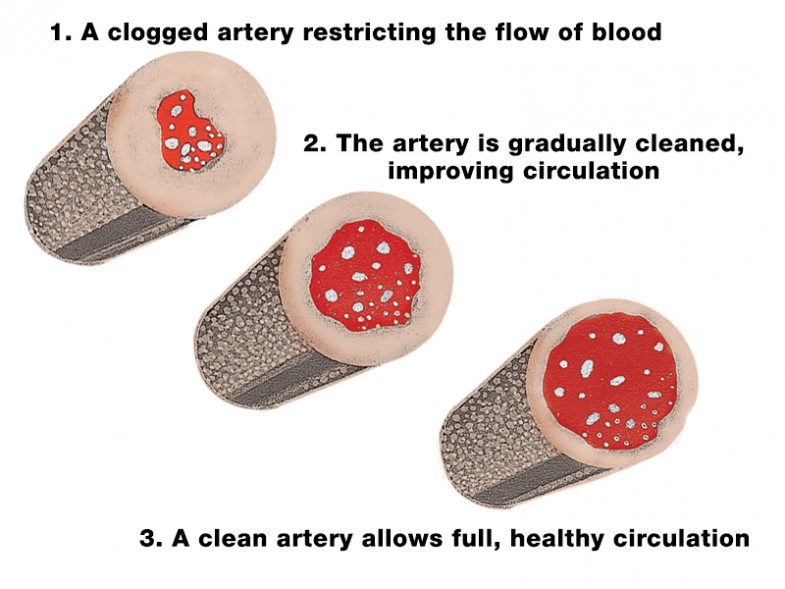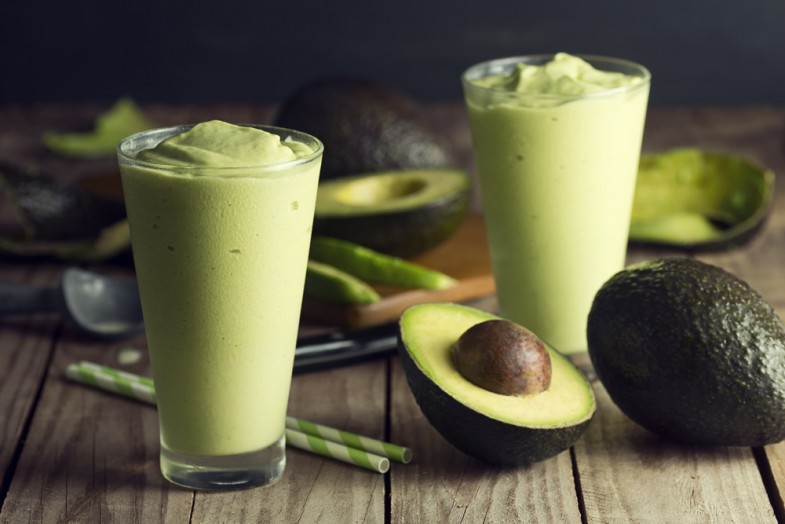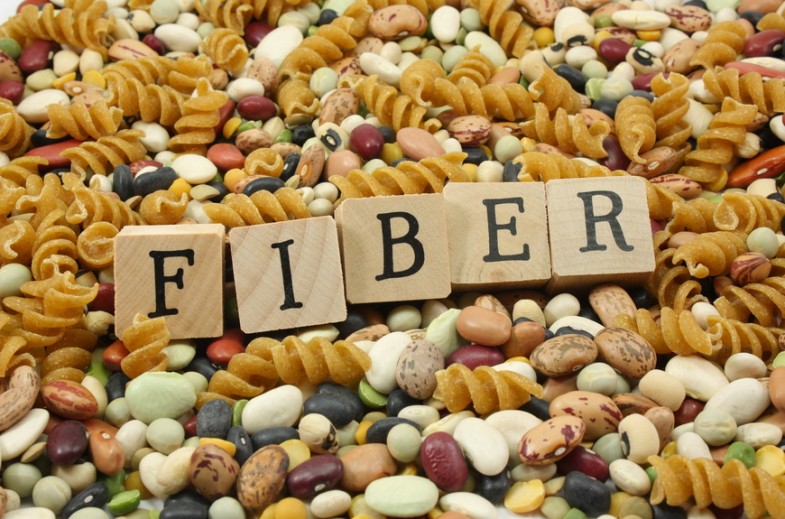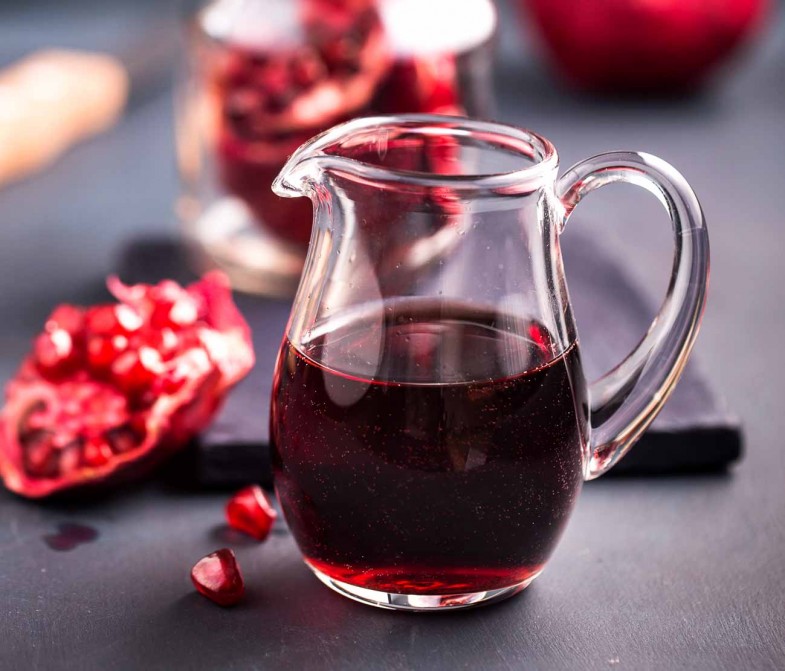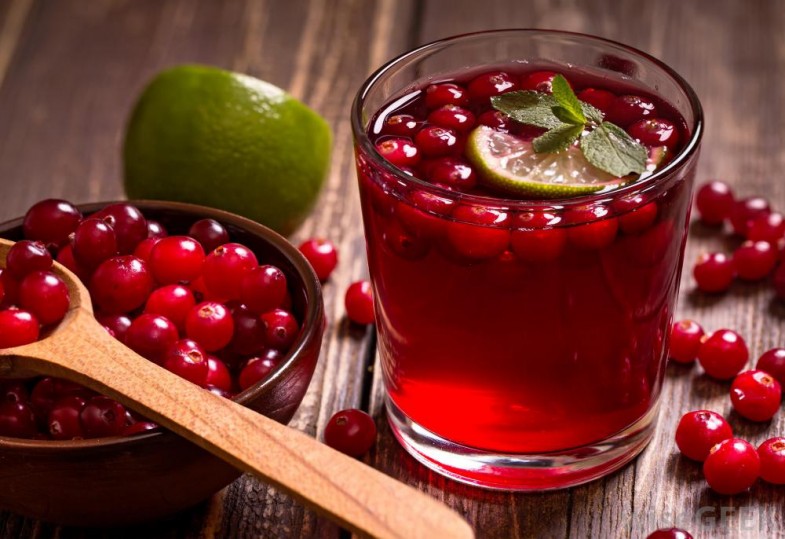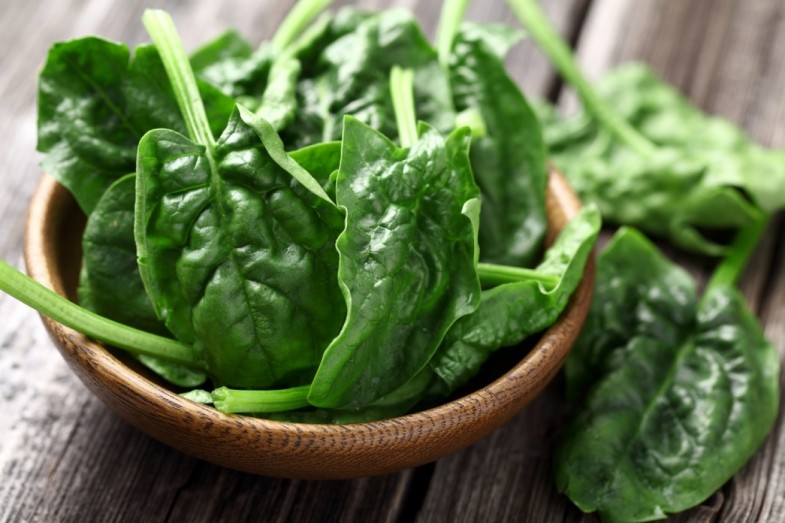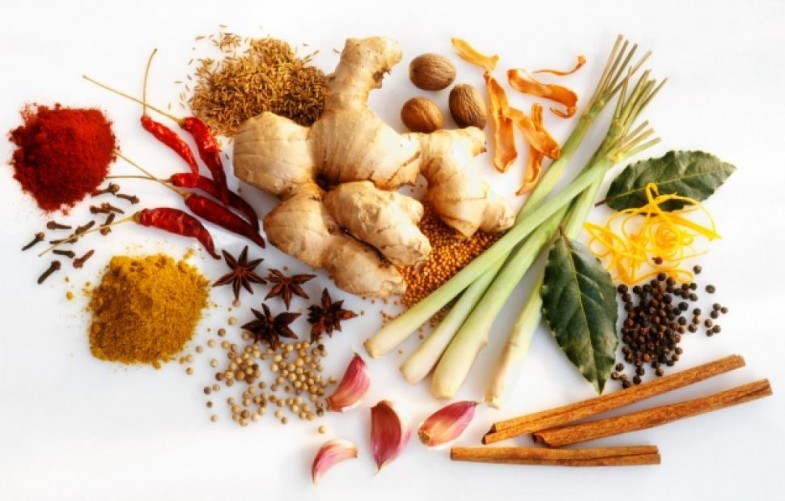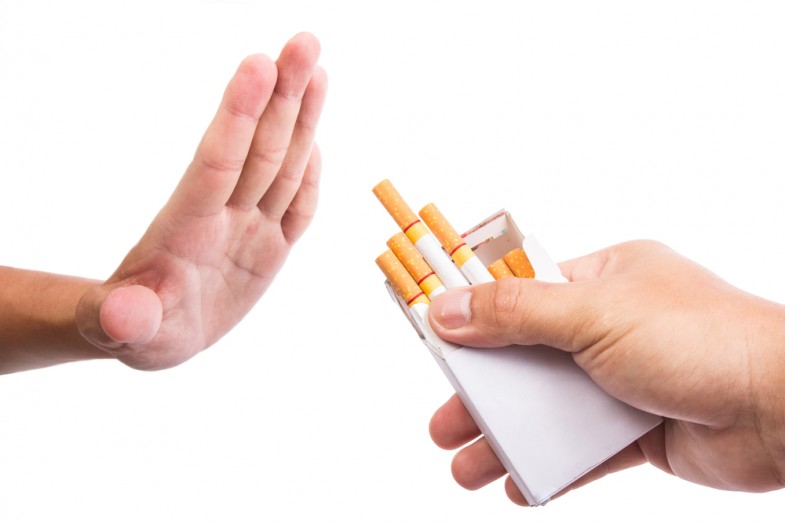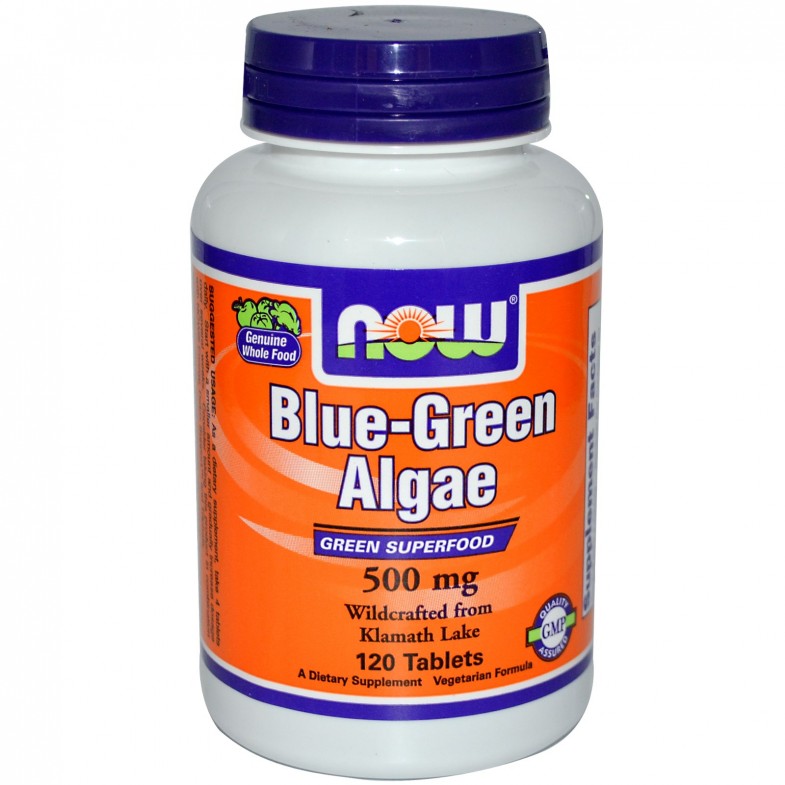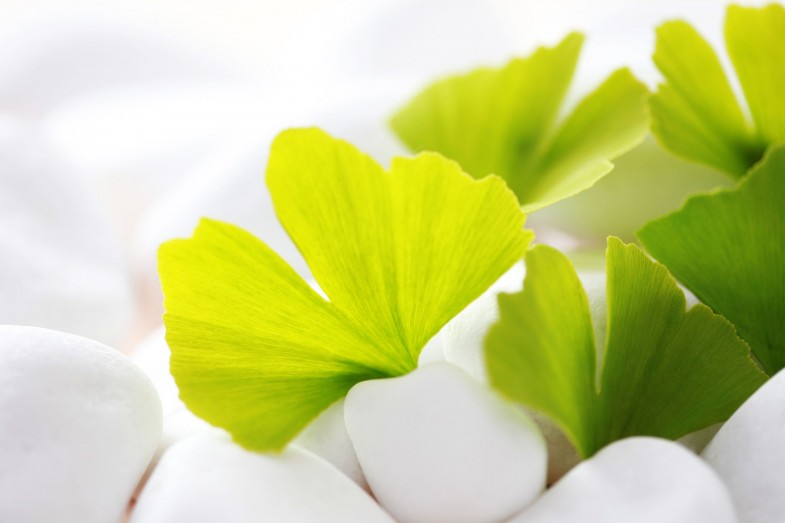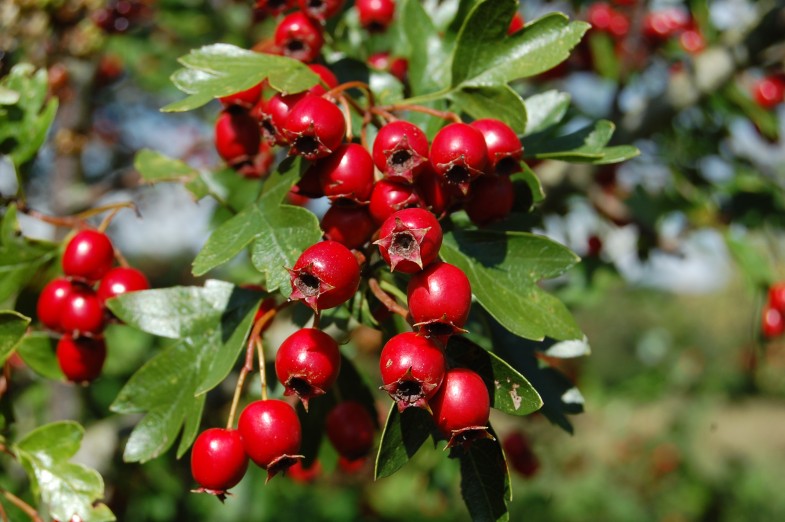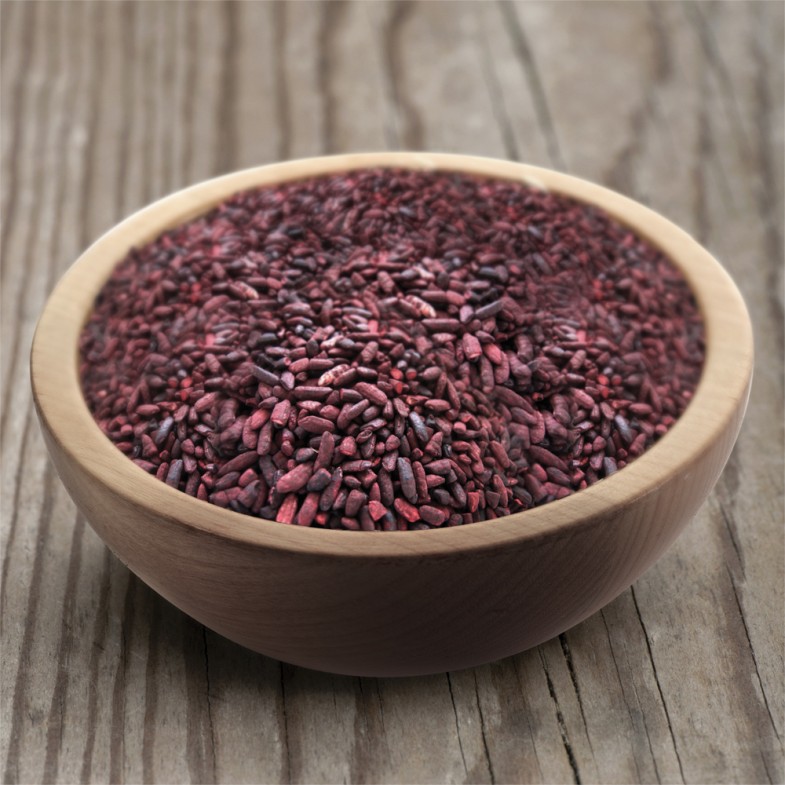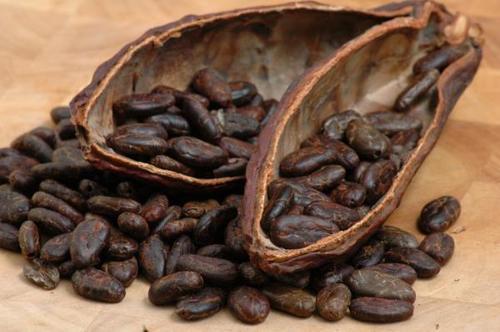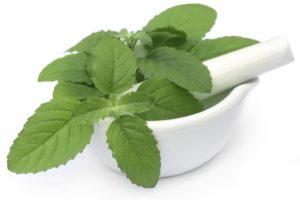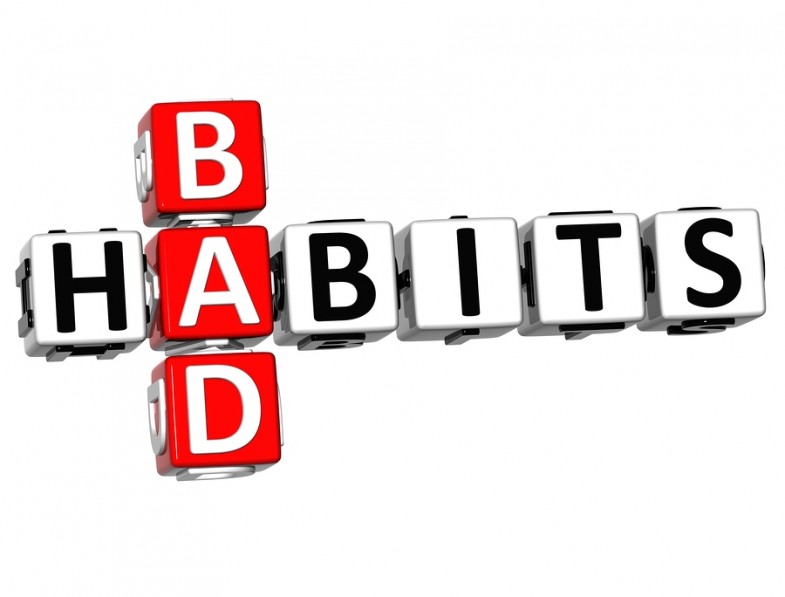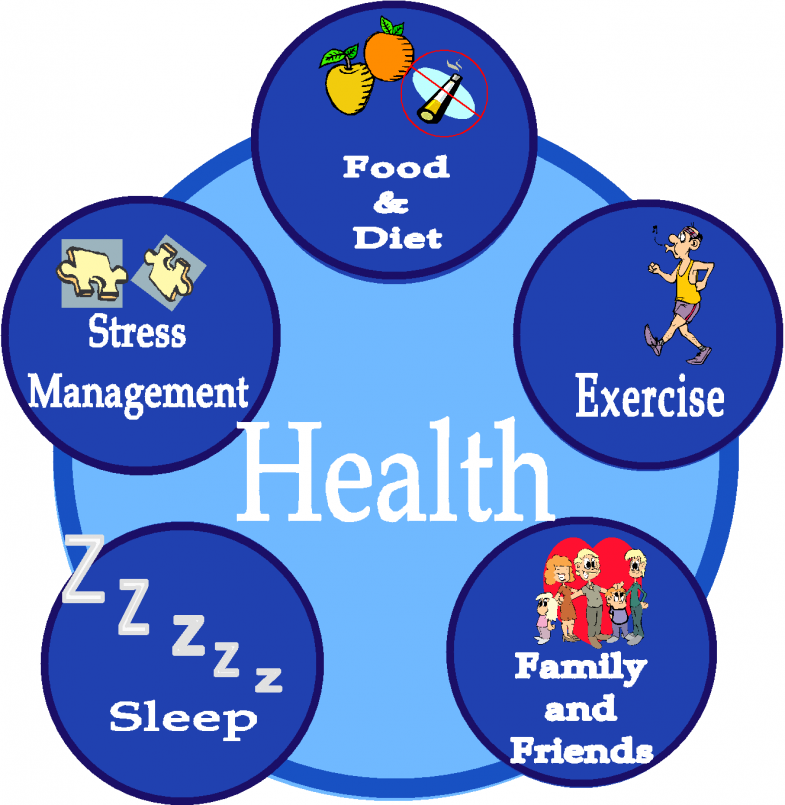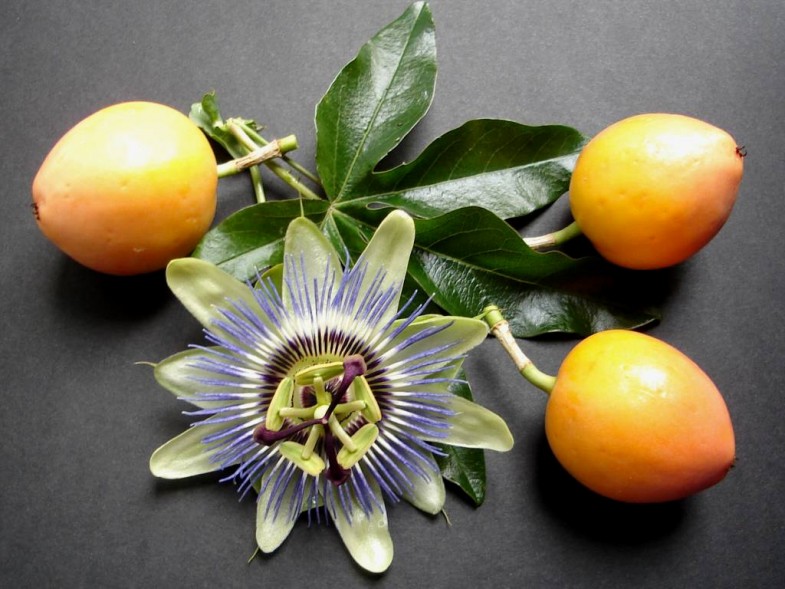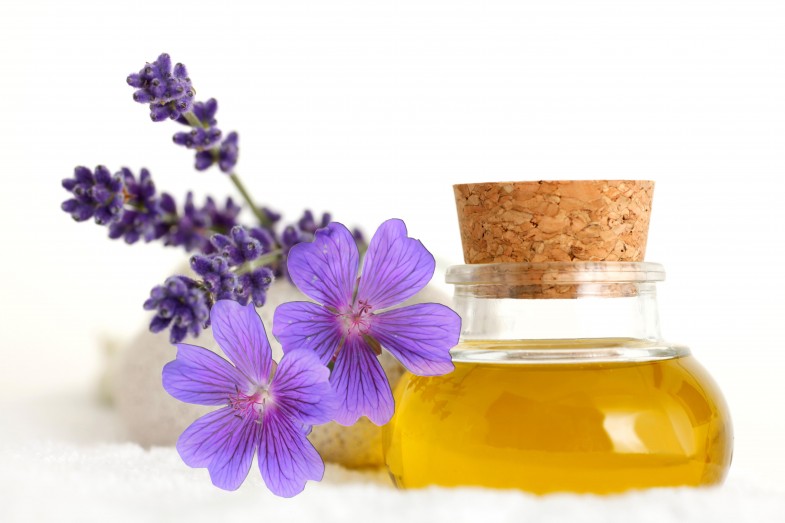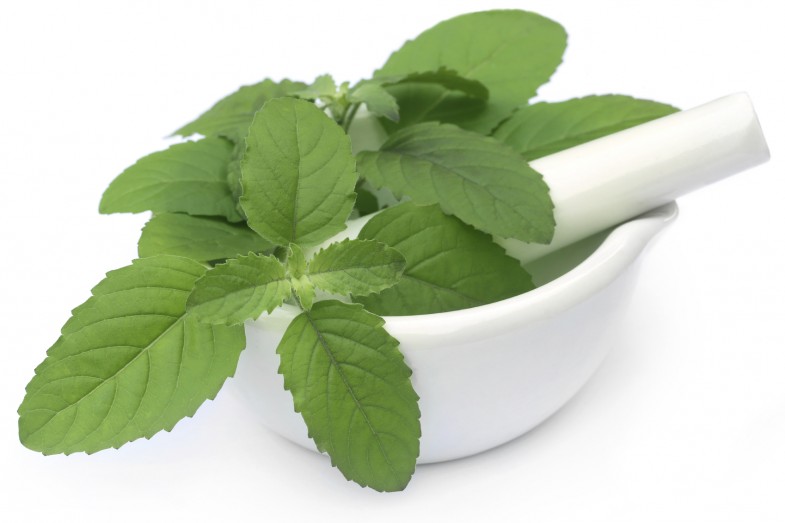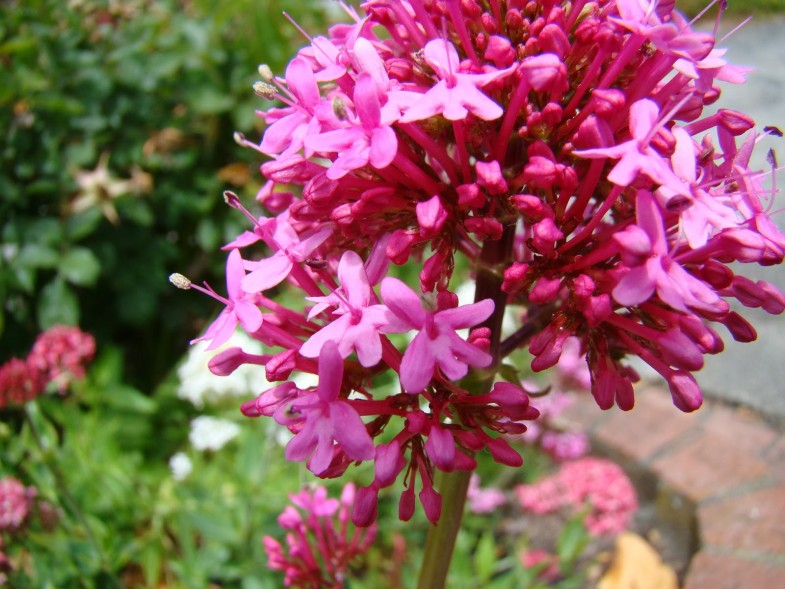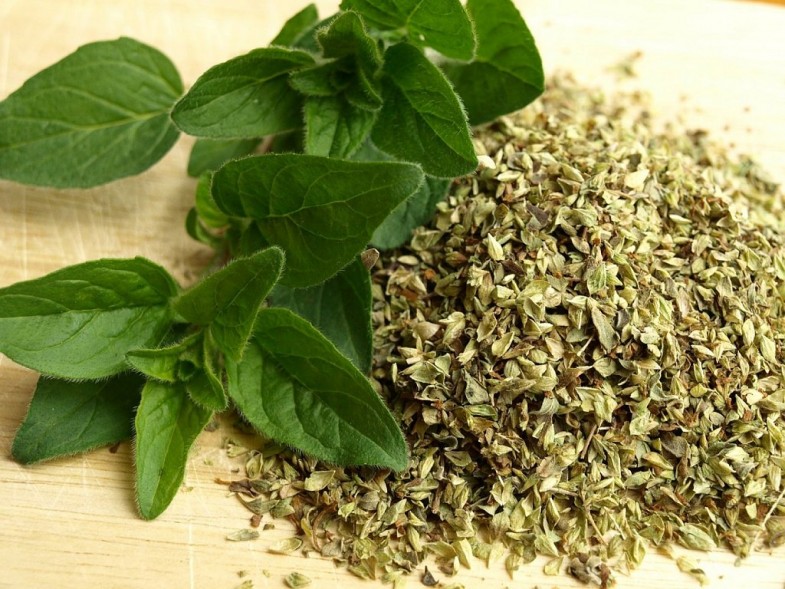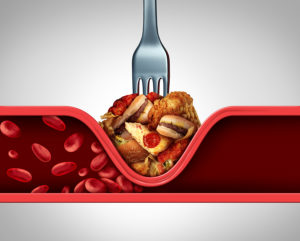
Cardiovascular Disease – the buildup of plaque and gradual clogging of the arteries, is statistically the number one killer in the world, with on average 2,200 Americans dying of cardiovascular disease each day! With mortality rates like that, cardiovascular health is one of the most important body systems to maintain and repair. While progressive clogging of the arteries can be caused by diet, genetics and an unhealthy lifestyle, preventing and repairing the damage naturally is not impossible with these 3 sets of rules.
Part 1 of 3: Change Your Diet
1. Cut out foods that clog your arteries, especially foods high in saturated fats and trans fats.
- Avoid greasy fast food and other forms of junk food.
- You should also limit or avoid animal fats, like butter and lard.
- Saturated fat turns into cholesterol when it enters the body. It can solidify and stick to your artery walls, causing them to become inflamed.
2. Eat healthy fats. As a general rule, unsaturated fats are less harmful for your artery health that saturated fats. A few of these unsaturated fats can even take things a step further by clearing out your arteries.
- Avocados contain 15 grams (5 oz) of unsaturated fat, along with plenty of vitamin C, vitamin K, fiber, folate, B6, and potassium. Eating an avocado every day for one week is believed to drop total cholesterol by as much as 17%.
- Olive oil contains high levels of monounsaturated and polyunsaturated fats, both of which can help your arteries. Use olive oil instead of butter or other fats when cooking.
- Nuts are another great source of healthy fat. Almonds are high in monounsaturated fats, vitamin E, and fiber. Walnuts are a great source of omega-3 fatty acid.
- Fatty fish is also high in omega-3 fatty acid. Good examples include tuna, salmon, mackerel, and herring.
3. Increase your fiber intake. Soluble fiber can bind cholesterol inside the body and drag it away. As a result, your arteries become cleaner and less inflamed.
- Whole grains, like whole-wheat bread and brown rice, are one of the best sources of dietary fiber.
- There are a few vegetable sources you can rely on for fiber, as well. Broccoli is a good example, and it also contains vitamin K and calcium.
4. Consume liquids rich in antioxidants. Antioxidants assist the body in protecting itself. Some of the best fluids to drink for your artery health include pomegranate juice, orange juice, and green tea.
- Pomegranate contains phytochemicals, a special type of antioxidant that can protect the lining of the arteries from damage. This juice can also stimulate the production of nitric oxide in the body, which helps keep your arteries open.
- Orange juice is high in vitamin C and may help reduce your resting blood pressure. The antioxidants in this drink can also help improve your overall blood vessel function.
- The antioxidants and catechins in green tea decrease your body’s tendency toward absorbing cholesterol, allowing your body more opportunity to flush out the cholesterol already in your arteries
5. Increase cranberry intake in your diet. Cranberries are powerful internal cleansers. Consuming them can help reduce “bad” LDL cholesterol while raising “good” HDL cholesterol.
- Regularly eating cranberries can help reduce your overall risk of heart disease by as much as 40%.
6. Drink coffee moderately. A moderate amount of coffee may actually help your artery health, but too much can hurt your heart.
- Drinking more than two but fewer than four cups each day for more than a decade can decrease your risk of artery and health disease by as much as 20%.
- Drinking more than four cups each day can cause an increase in blood pressure, though, which can throw off the rhythm of your heart beat.
7. Turn toward foods containing folic acid. Vitamin B is helpful to your overall heart health, in general, but folic acid or folate is a special form of vitamin B that seems to have a direct connection to artery health.
- One natural food source high in folate is spinach. Spinach also contains a large dose of potassium, and the two nutrients combined can help lower your blood blood pressure. Most dark green leafy vegetables can also boast similar claims concerning folate content.
- Other good sources of folate include citrus fruits, peppers, and watercress.
8. Use the right spices to season your food. Certain spices can work with your body to help fortify it against threats to your health. Spices specifically beneficial for your arteries include turmeric, cinnamon, and garlic.
- Turmeric is an anti-inflammatory, so consuming it prevents your artery walls from constricting too severely. It can also help reduce fatty deposits in your arteries by as much as 26%.
- Taking as much as 1 tsp (5 ml) of cinnamon each day can reduce the overall amount of fat in your bloodstream. This, in turn, helps prevent further plaque buildup while lowering bad cholesterol.
- Garlic is commonly used to flavor foods, as well, and is believed to lower blood pressure, reduce cholesterol, and remove blood clots. It widens your blood vessels and promotes better circulation.
9. Include foods fortified with sterols. Inside the digestive tract, sterols and cholesterol compete to be absorbed, so consuming more sterols can make it more difficult for cholesterol to stick around inside the body.
- Foods commonly fortified with sterols include orange juice, margarine spreads, and milk.
Part 2 of 3: Change Your Lifestyle
1. Do more aerobic exercise that will get your blood pumping. Enough aerobic exercise can increase the endostatin found in your body. Endostatin is directly involved in the process of arterial growth.
- A study performed in 2004 concluded that endostatin can increase by 73 percent after spending 10 minutes on a treadmill going 5 miles per hour (8 kilometers per hour). This effect can last for up to two hours.
- Swimming, basketball, and jogging are all good forms of exercise to try if you want to get your blood pumping quickly.
- If vigorous exercise is too much for you right now, though, start by walking at a moderate pace for three hours per week. Make sure that each walking session lasts for at least 30 minutes.
2. Stop smoking. Smoking can contribute to the amount of plaque building up in your artery walls. While quitting the habit will not directly cleanse those walls, doing so will make it easier for your arteries to heal.
3. Lower your stress. High levels of stress can cause your blood vessels to constrict and narrow. When this happens, the narrow space left amidst all the plaque in your arteries only becomes even narrower, making it more difficult for your blood to flow.
Part 3 of 3: Opt For Natural Herbal Remedies
1. Consider taking an algae supplement. Blue-green algae, also called spirulina, can be taken in supplement or powdered forms.
- Taking as much as 4500 mg per day can help relax artery walls. Your blood pressure may also become normalized, and your “bad” LDL cholesterol can drop by as much as 10%.
2. Try ginkgo biloba. Some studies suggest that this herb dilates blood vessels and reduce the stickiness of blood, which helps promote better blood flow through the arteries.
- This supplement can be especially helpful in treating leg pain associated with clogged arteries.
- A good dosage to start with is about 120 milligrams per day. This is a low dose, and you might be able to increase it to as much as 600 milligrams per day if your doctor recommends it.
3. Learn about taking hawthorn. When taken regularly, this herb is believed to help strengthen the heart muscle while relaxing blood vessels. As a result, blockages in your arteries are less likely to form or stick around.
- Start with a low dose around 160 milligrams, taken in two to three daily doses. If necessary, you might be able to increase this amount to as much as 1800 milligrams per day.
4. Find out about red yeast rice. Red yeast rice is an herbal remedy commonly used in Chinese medicine, but it has received only limited testing within the United States and other Western societies.
- Chinese studies suggest that red yeast rice can lower “bad” LDL cholesterol and raise “good” HDL cholesterol.
- Note that this herb resembles some statin drugs and may interfere with the effectiveness of statin drugs, so it is not recommended for anyone currently on such medications.
Note: Always consult your doctor before making any major changes to your diet, exercise, and overall lifestyle. You should also check with your doctor before taking any unverified herbal remedy. For most people, none of the information presented here will pose a health risk, but each person can vary. Moreover, your doctor will be able to work with you to prescribe the best treatment plan for unclogging your arteries.
Source: healthyfoodteam.com
